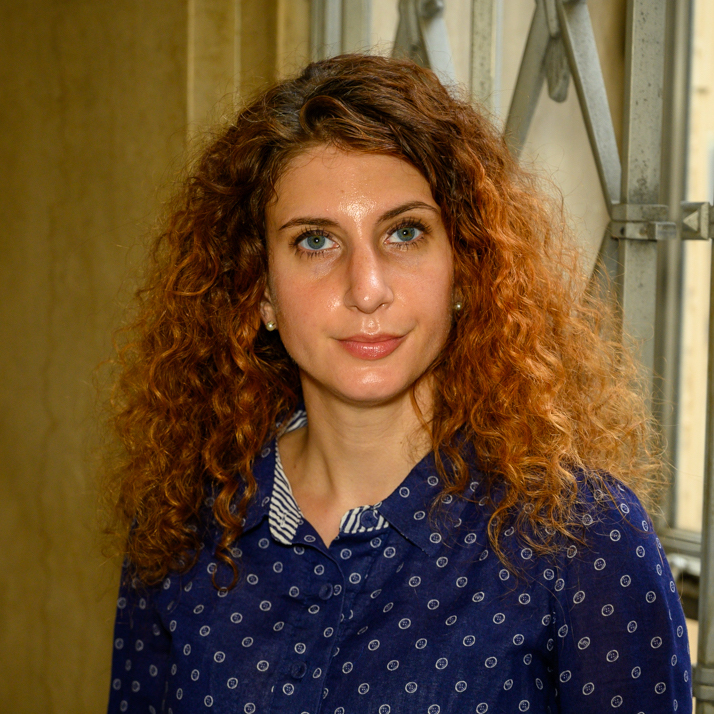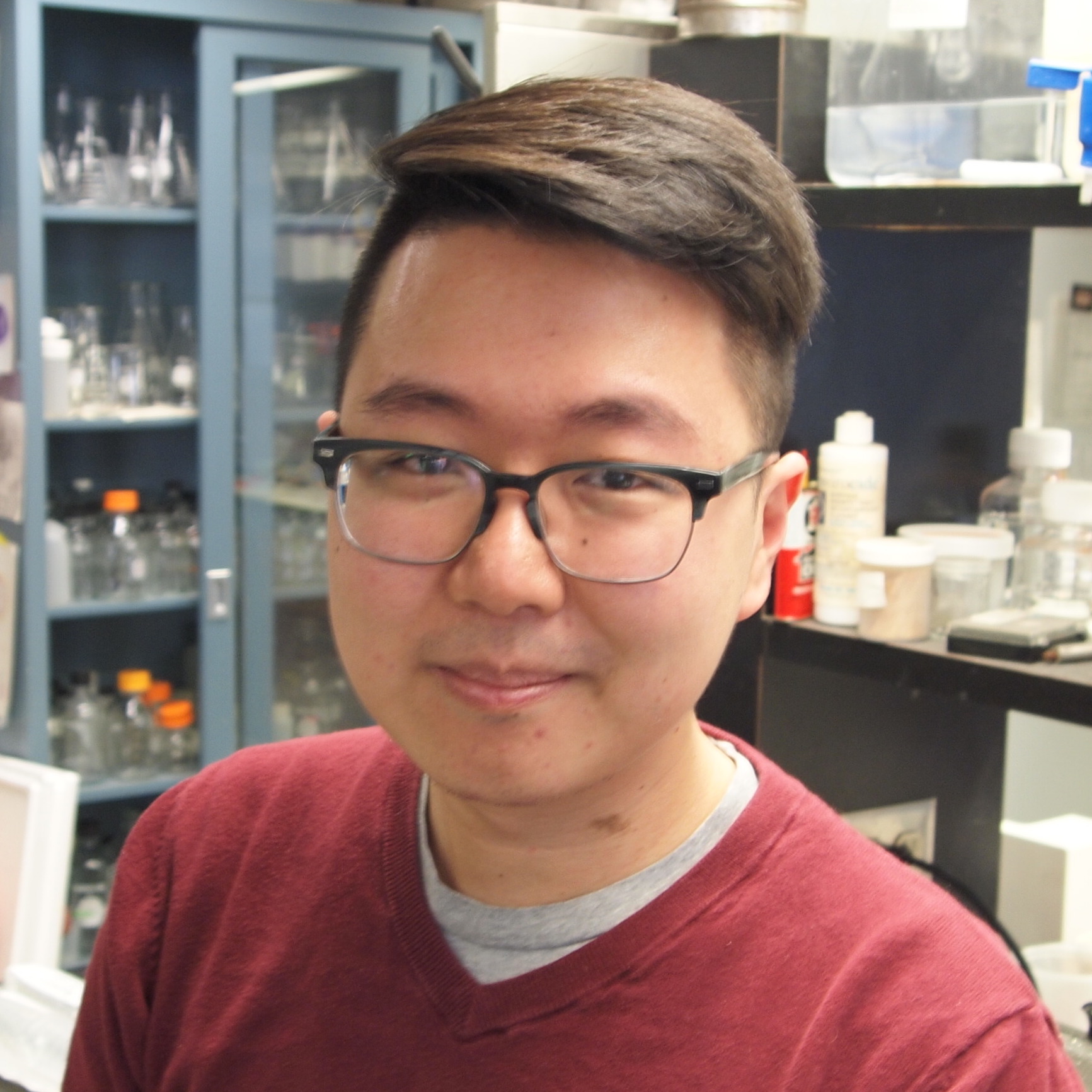Biological Sciences Departmental Awards Showcase Graduate Student and Postdoc Accomplishments
By Kirsten Heuring
Media Inquiries- Associate Dean for Communications, MCS
- 412-268-9982
Carnegie Mellon University’s Department of Biological Sciences has selected six graduate students and two postdoctoral fellows to receive awards funded through endowments from Margaret Carver and Semon Stupakoff. Four $5000 awards provide funding for research enrichment and diversity, equity and inclusion initiatives, and $1000 awards are presented to candidates who have published outstanding papers in the last year.
Ph.D. student Melissa Tosiano, a member of the McManus lab, received the Stupakoff Graduate Research Enrichment Award to attend a two-week course on Fungal Pathogenesis at the Marine Biological Laboratory. Tosiano hopes to obtain hands on experience in techniques for assessing fungal virulence in both animal and cell culture models. This experience will allow her to further study how messenger RNA and specific proteins are involved in regulating gene expression and virulence in the opportunistic yeast pathogen C. albicans.
Ph.D. student Gary Wilkins received the Margaret Carver Award for Enhancing Diversity, Equitability and Inclusion, which offers $5,000 to support activities that enhance diversity, equitability and inclusion in the department, at CMU as a whole or in the wider Pittsburgh community. Wilkins plans to use the funding to do outreach to the Clairton City school district, offering middle school students the chance to conduct experiments at CMU under the supervision and guidance of CMU students and professors. Wilkins hopes to make this a long-term program.
Ph.D. students Samantha Bryce and Fiona Fitzgerald both received the Margaret Carver Graduate Research Enrichment Award to support their research.
Bryce is part of the Lee lab, where she is studying how human Atlastin-3 structures the endoplasmic reticulum network, a vital organelle that assists with protein creation. Atlastin-3 performs its structuring function by fusing the bilayers of endoplasmic reticulum tubules to one another. She plans to use her award for time on a shared plate reader that is housed in the Molecular Biosensor & Imaging Center and that can be used to measure Atlastin-3 activity.
Fitzgerald works in the Woolford lab, where she investigates how ribosomes, the massive RNA protein particles in cells that produce all the other cellular proteins, are assembled. Using brewer’s yeast, she is studying how a specific assembly factor called Drs1 contributes to RNA folding in ribosomes. Fitzgerald will use her award for mass spectrometric analysis of ribosomes’ assembly when Drs1 is absent from cells.
Postdoctoral fellow Meng Xu is a member of the Zhang lab, and he received the Margaret Carver Research Enrichment Award for his research into TERRA, a type of RNA that is found in cancer cells. He hopes to find proteins that bind to TERRA and discover how the RNA relates to cancer cells. He plans to use his funds to buy flow-cytometry time to search for the most useful cell lines and to use a specific type of mass spectrometry to find protein candidates for his research.
Ph.D. students Daniel Crosby and Karina Mueller Brown have both received the Margaret Carver Outstanding Paper Award for graduate students.
Crosby is also a member of the Lee lab, and he was the first author of “Reconstitution of human atlastin fusion activity reveals autoinhibition by the C terminus,” which was published in the Journal of Cell Biology. A Ph.D. candidate in the Lee lab, his paper described and analyzed how human atlastins affect the endoplasmic reticulum.
Mueller Brown is a member of the Hiller lab, and she was first author for “Secondary infection with Streptococcus pneumoniae decreases Influenza A Virus replication and is linked to severe disease,” which was published in FEMS Microbes. In the paper, the researchers showed that when animal models were infected with both Influenza A and Streptococcus pneumoniae, they had decreased severity and spread of Influenza A and increased bacterial load and transmission of Streptococcus pneumoniae.
Jimmy Khor received the Margaret Carver Outstanding Paper Award for postdocs for “Architecture and evolution of the cis-regulatory analysis of the echinoderm kirrelL gene,” which has been accepted to be published in eLife. As part of the Ettensohn lab, he used sea urchins to investigate how specific genes affect cells developing different functions.







